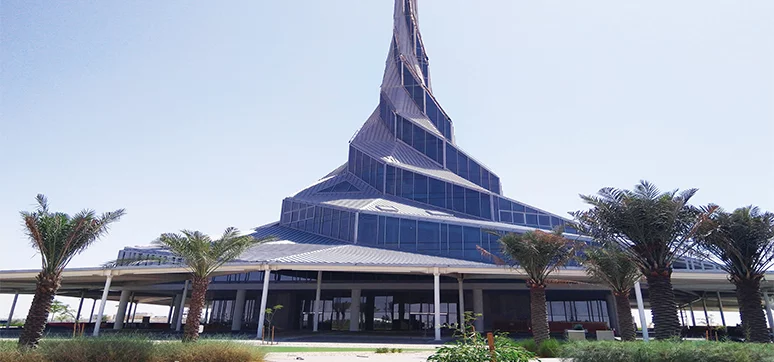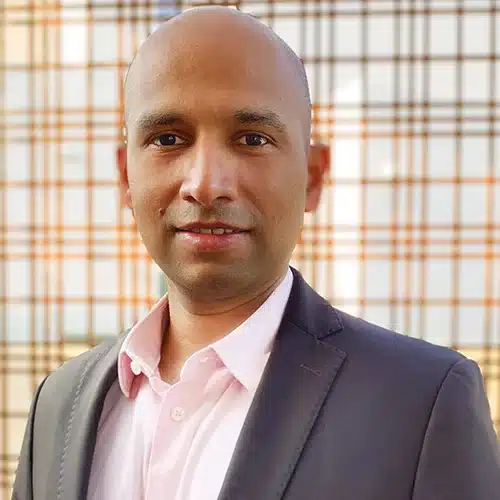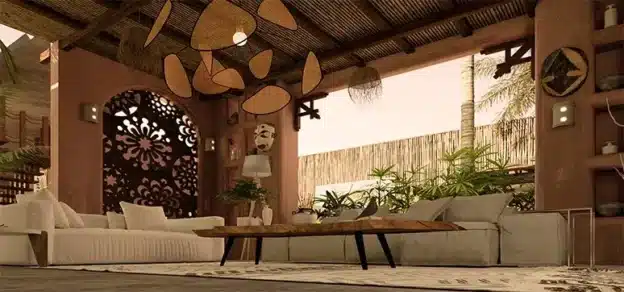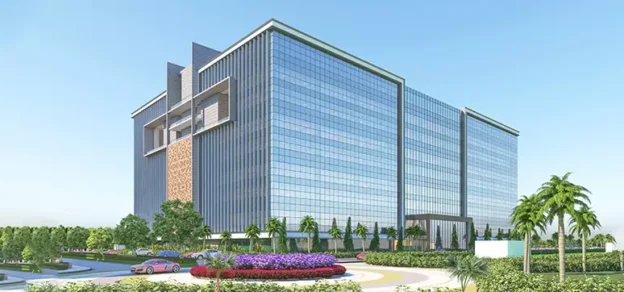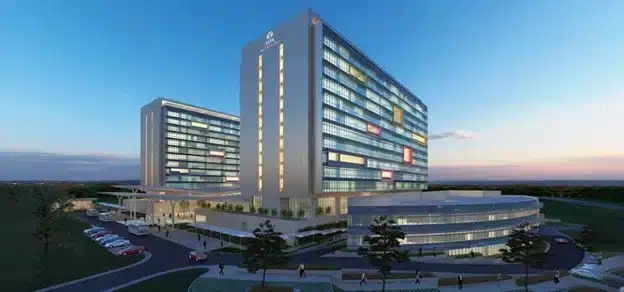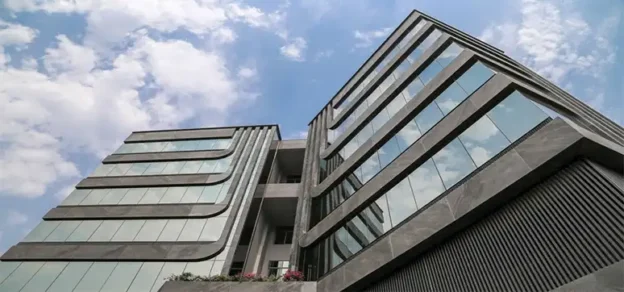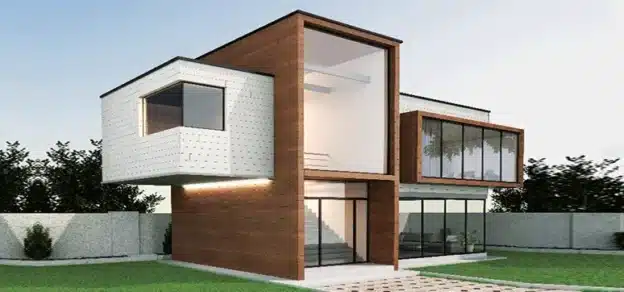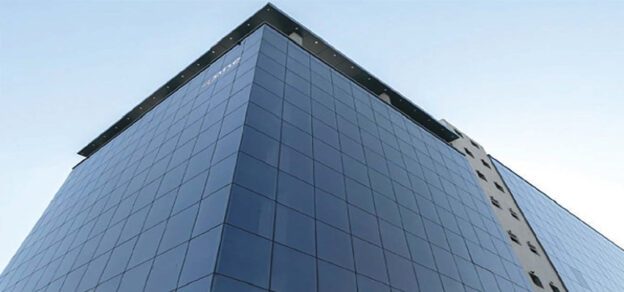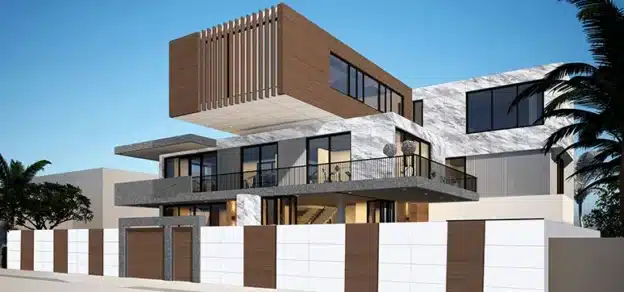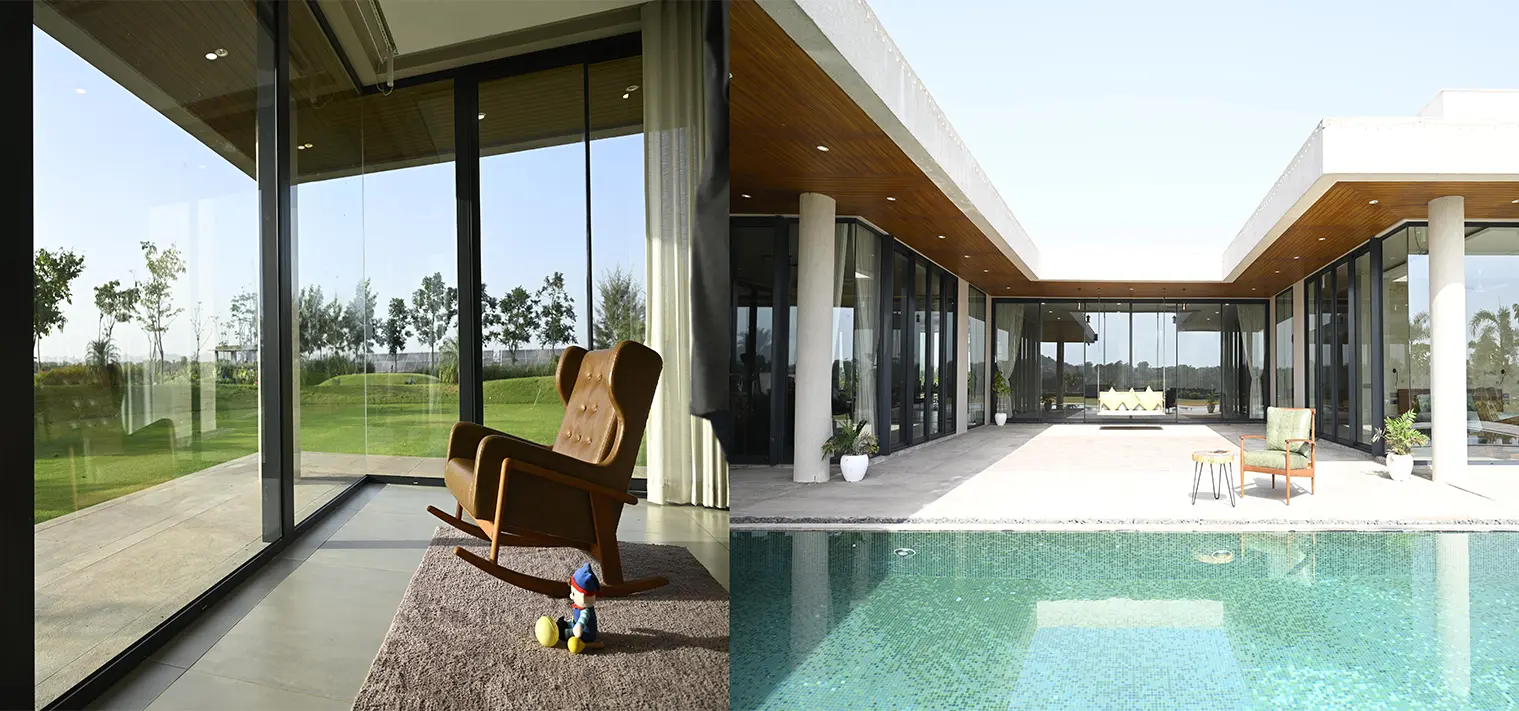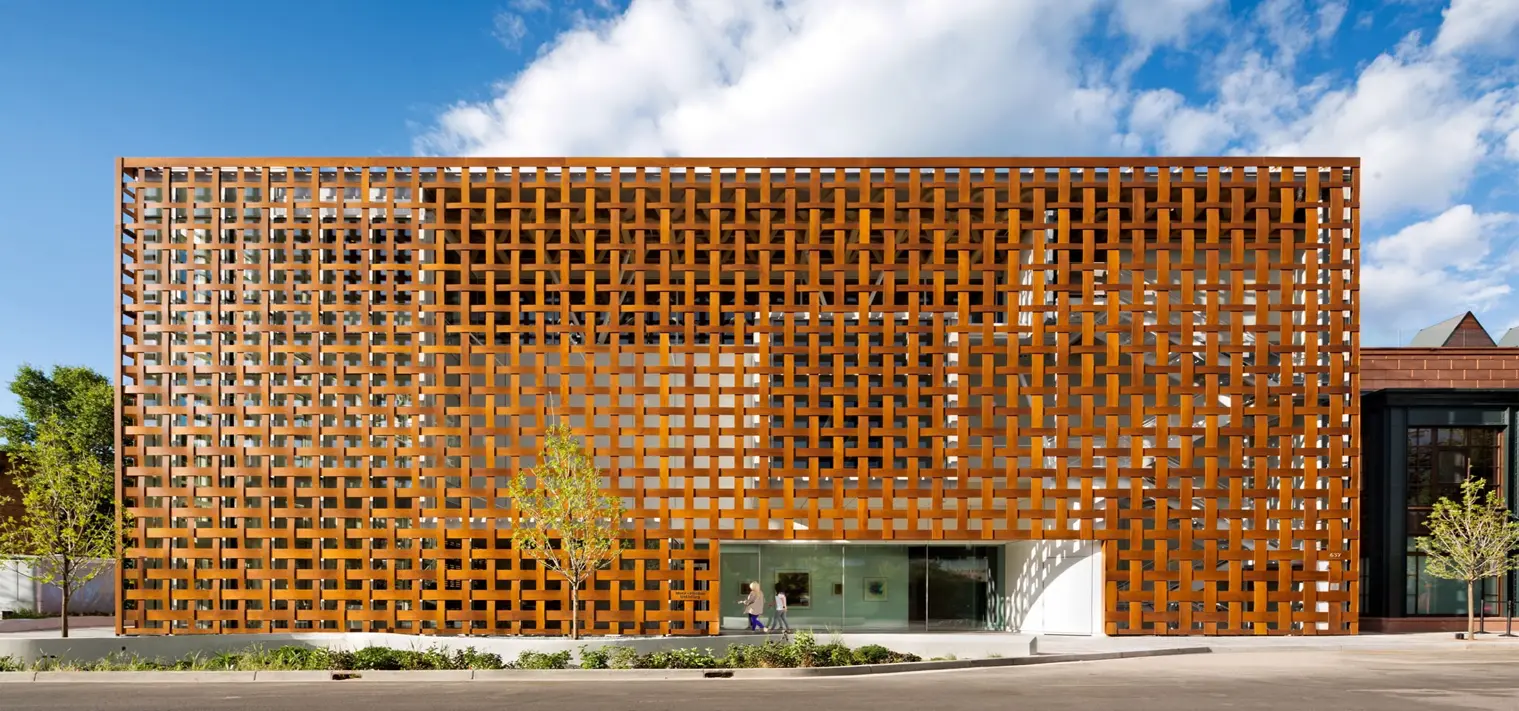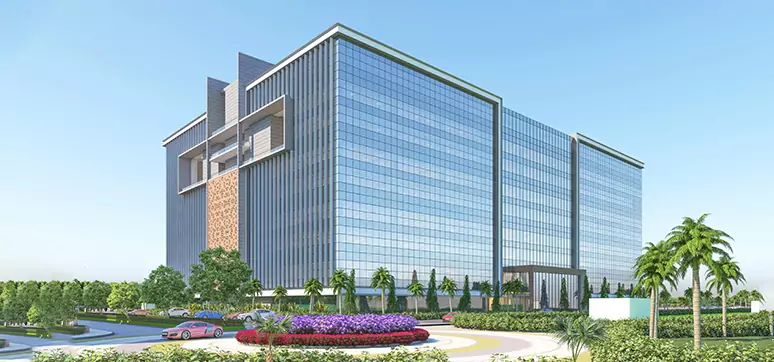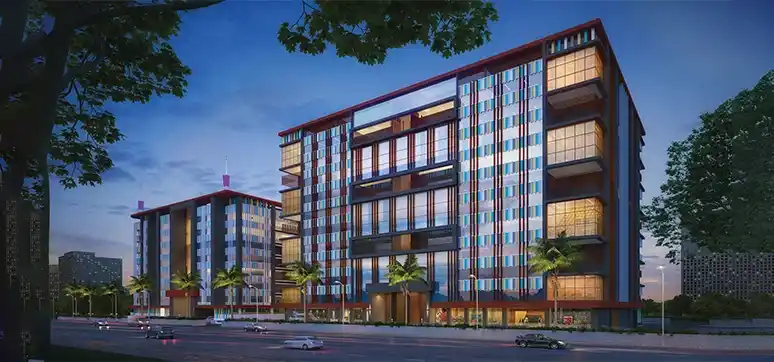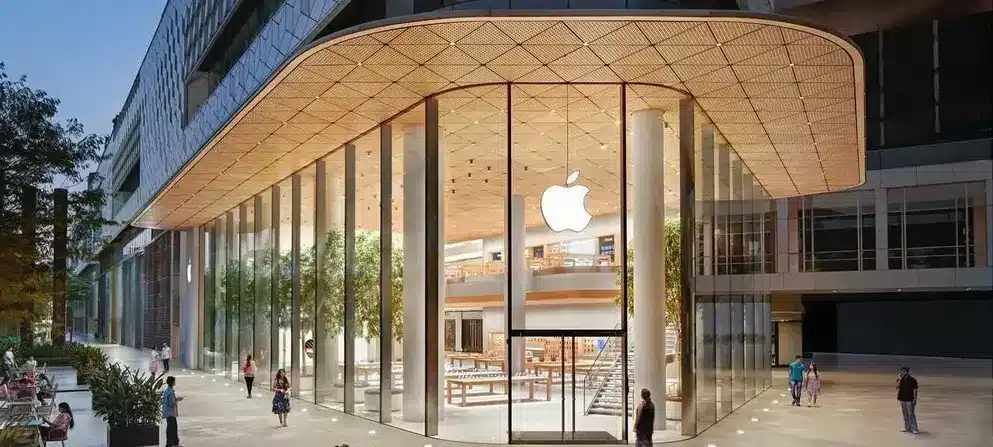What is your take on the growing demand for glass in niche and low-rise applications?
Glass, being a versatile material, founds its usage in many niche applications. Due to its inherent property of being transparent, it has started replacing other common building materials. For instance, we have seen a steep growth in the usage of fire-rated glass for partitions & doors. Full metal or wooden doors are being replaced with small vision panel doors, full glass doors, and full-height fire-rated glass partitions. We have also seen glass being used for various architectural masterpieces, whether it is a luxury retail area, mall or airport. Here, architects make use of specialty glass products that can play with the colours and light.
What are the trends in architectural glass in the Middle East?
The rulers of the UAE have the vision to move the country forward and make it a futuristic place where people can drive innovation and implement new ideas. We see such concepts being exercised in today’s architecture. Projects such as Dubai Frame, Etihad Museum, Zayed National Museum & Museum of the Future showcase unique applications of specialised glass products. We are seeing the advent of dynamic tinting glass that can completely eliminate the use of blinds in glass buildings. Glass façades that transform into a giant media screen are no longer a figment of imagination in movies, but have found their use in bespoke applications. Even on commercial projects, architects are specifying glazing that is energy efficient and supports green building norms. Local coated glass manufacturers have increased their capacity and new high-performance products have been launched.
Throw some light on the choice of glass for windows/effective fenestration?
As per the Dubai building codes, the majority of glazing is required to achieve a shading coefficient of 0.25 and a U-value of 1.4. This has resulted in maximising the usage of high-performance glazing. Double silver-coated Low-E glass makeups have become a norm in local specifications with a shift towards higher performance rated triple silver low-E coated products as well.
What are the specifications and norms for glazing in the Middle East?
Norms have become more stringent and demand higher performance glazing now compared to the earlier Decree 66 of 2003, Dubai Municipality. The government of Dubai, along with DEWA and Dubai Municipality, has set forth Green Building Regulations and specifications that provide a guide for the usage of glazed elements on the fenestration.
• If the total area of fenestration is 40% or less than the SC should not exceed 0.4.
• If the total area of fenestration is 60% or more then the SC should not exceed 0.25.
Please brief on limitations of having complete glass walls on buildings considering the Middle East’s climatic conditions?

This has been a debatable topic and has differing views. Glass is the material of choice for building façades due to its ease of installation and low maintenance. However, it needs to be used prudently and the choice of glazing would vary depending on the quantum of coverage. Buildings being glazed completely with glass should use very high-performing glass coatings to achieve adequate insulation levels. In such cases, double skin façades may also be designed that help in bringing down the HVAC costs to maintain comfortable interiors.
Besides insulation, another major problem in the Middle East is the glare. Due to the high levels of sunlight, glare management is critical and appropriate internal/external shading devices should be incorporated to control this. If the above factors are not addressed, fully glazed buildings may result in higher utility costs, lower occupant comfort and maintenance issues.
What is your idea for futuristic architecture glass? What features would you like to see in architectural glass in the future?
With the advent of technology, glass has become a responsive building element. Glass can respond to user inputs and a façade can be converted into a medium for stunning interactive media content.
By combining transparent qualities of glass and the media display properties of LED technology, developers can create a smart building that is interactive and excite people in whole new ways.
Glass can respond to the climatic conduct ions and new dynamic glazing technologies have taken the front stage in fenestration. Static shading devices limit functionality and cause difficulty to maintain a comfortable environment at all times.
Dynamic tinting glass technologies are now available that can adjust the light/heat instantly to suit user requirements. As sunlight intensifies or diminishes over time, this intelligent glass fine-tunes the shade to protect from solar glare and instantly regulate the temperature to bring optimal comfort.
Please tell us about the performance of glass in acoustic insulation?
With an increase in road/air traffic and greater settlement density, noise nuisance to the occupants has increased sharply. Consultants are incorporating noise mitigation in building design and actively specifying acoustic requirements for glazed façades. Insulated glass units with a combination of laminated panes and different glass thicknesses help in improving sound control. Special sound control films in a laminate can improve sound insulation value by almost 5 dB. Based on sound reduction requirements, the exact glass construction can be achieved with the required inner/outer pane laminates and the thickness of the insulated glass cavity.
However, when designing façades with acoustic requirements, one should consider glass with frames and test the acoustic rating of the complete system. Framing systems should have sound dampeners inbuilt to ensure efficient acoustic performance and achieve a lower sound transmission through the façade.
